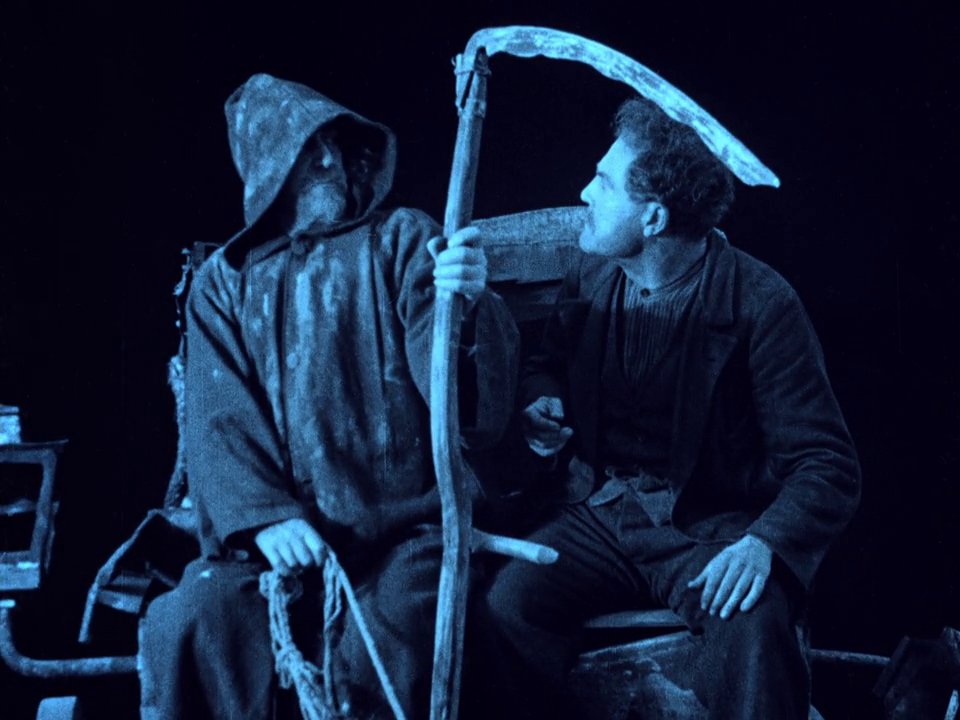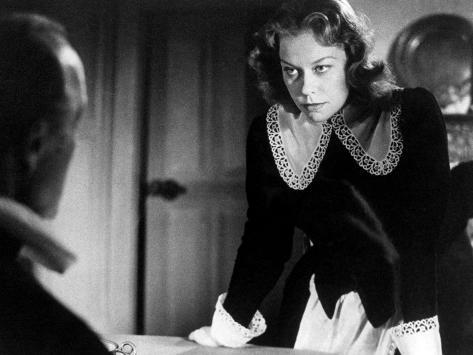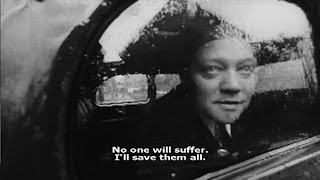An article recently published in slate.com brought up how Merriam-Webster has recently updated the definition of the word "literally" to mean what many people consider to be its exact opposite: that is, "in effect" or "virtually." I know the alleged misuse of the word "literally" is something that bothers a lot of people, but I fully welcome Merriam-Webster's decision. Dictionaries are, after all, descriptive in nature; that is, they describe the way words are actually used as opposed to providing arbitrary words for the so-called correct usage of words.
But won't that eventually lead to absolute chaos and mass hysteria if we don't have some kind of rules governing the correct usage of words? After all, what if we all suddenly decided to use a word very differently than how it was used in the past? The problem is, this has happened before, and no one really seems to mind. Our word "silly" used to mean "blessed" or "innocent." When moral standards changed, holding on to older standards was considered "silly," and eventually the word took on a more negative connotation, meaning foolish. Our language has been changing for its entire existence without falling into the absolute chaos described above.
Then surely there must be some problem with "literally" now meaning the exact opposite of its literal meaning. Not so, actually. There is a certain class of words called autoantonyms (in fact, I wrote a blog post about them not too long ago).
Perhaps most importantly, I would argue that when people use the word "literally" when they mean "figuratively" they are, in fact, not using it incorrectly. At least not in the way people usually think. Merriam-Webster describe the usage thus:
Also, saying something like "When I heard the news, I figuratively died" sounds incredibly stupid.
Mass Hysteria
But won't that eventually lead to absolute chaos and mass hysteria if we don't have some kind of rules governing the correct usage of words? After all, what if we all suddenly decided to use a word very differently than how it was used in the past? The problem is, this has happened before, and no one really seems to mind. Our word "silly" used to mean "blessed" or "innocent." When moral standards changed, holding on to older standards was considered "silly," and eventually the word took on a more negative connotation, meaning foolish. Our language has been changing for its entire existence without falling into the absolute chaos described above.
Then surely there must be some problem with "literally" now meaning the exact opposite of its literal meaning. Not so, actually. There is a certain class of words called autoantonyms (in fact, I wrote a blog post about them not too long ago).
Perhaps most importantly, I would argue that when people use the word "literally" when they mean "figuratively" they are, in fact, not using it incorrectly. At least not in the way people usually think. Merriam-Webster describe the usage thus:
It has been frequently criticized as a misuse. Instead, the use is pure hyperbole intended to gain emphasis.That's right: hyperbole, or exaggeration. If I were to say a sentence like, "When I heard they added a new definition of 'literally' to the dictionary, I literally died," no one seems to have a problem with the fact that I said I died. No one says, "That's not true. You're not dead," or "That's not what the word 'died' means. You're misusing it." We're all okay with it because we all use hyperbole to express emotion and make our language more interesting. But therein lies my one complaint with the usage: saying that you died is already hyperbole. Putting the word "literally" in front doesn't add anything. It's tautology. I think that's why I never use the word "literally" in this sense anyway. If I simply say, "I died when I heard the news," it's sufficient.
Also, saying something like "When I heard the news, I figuratively died" sounds incredibly stupid.
















